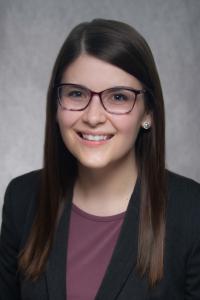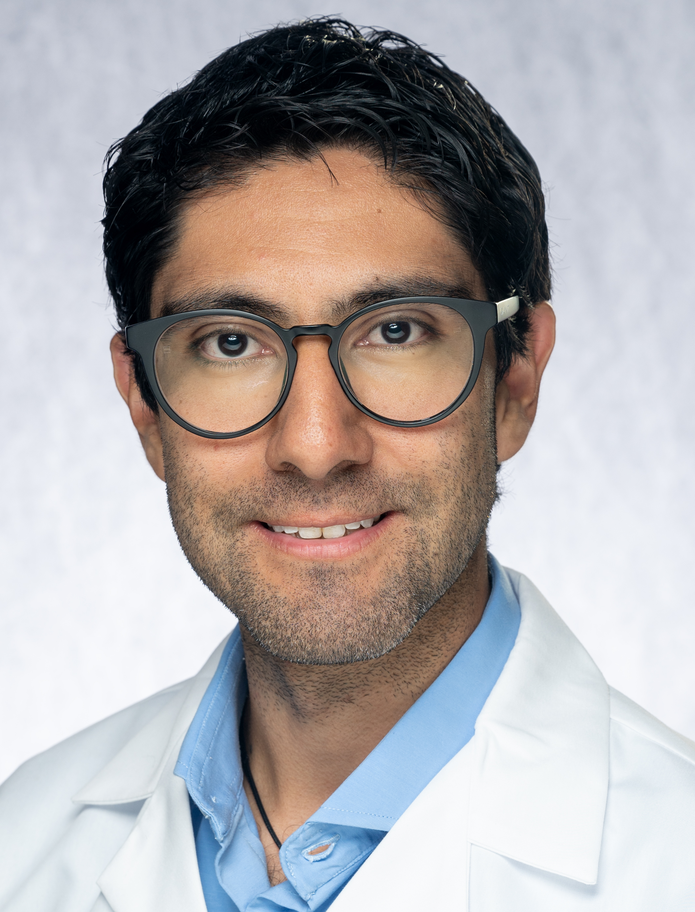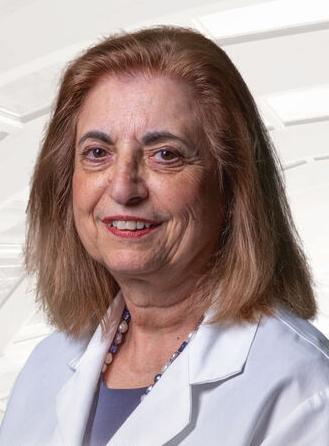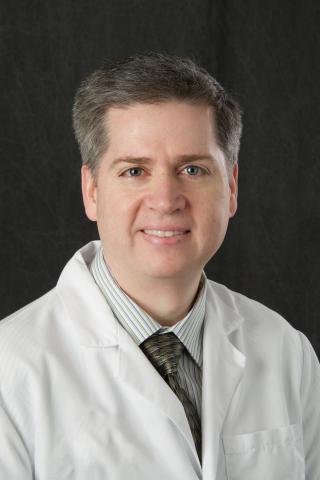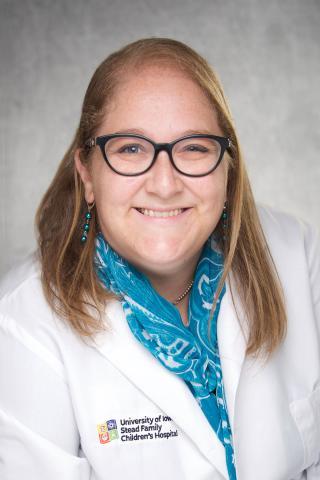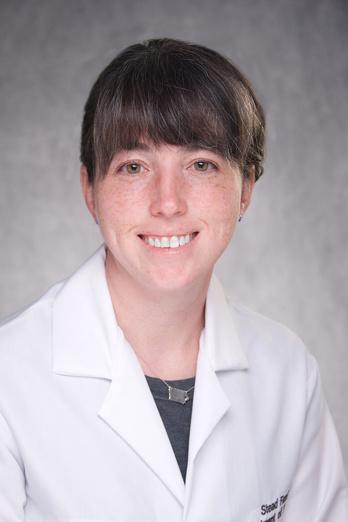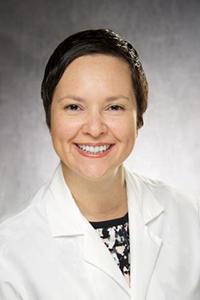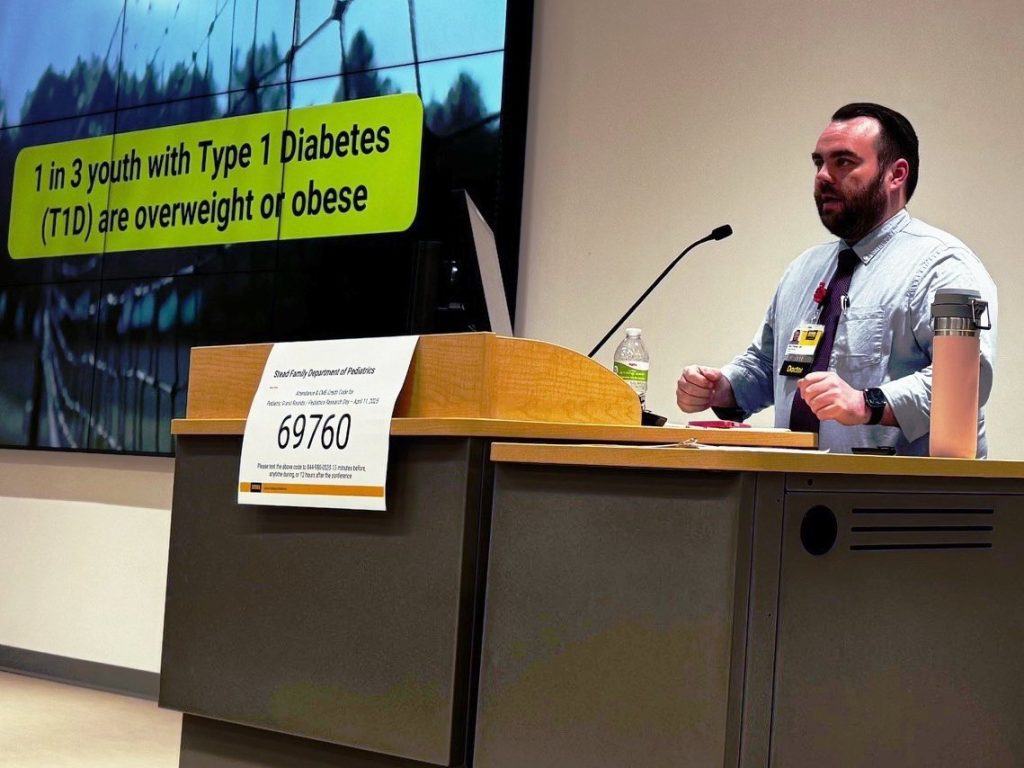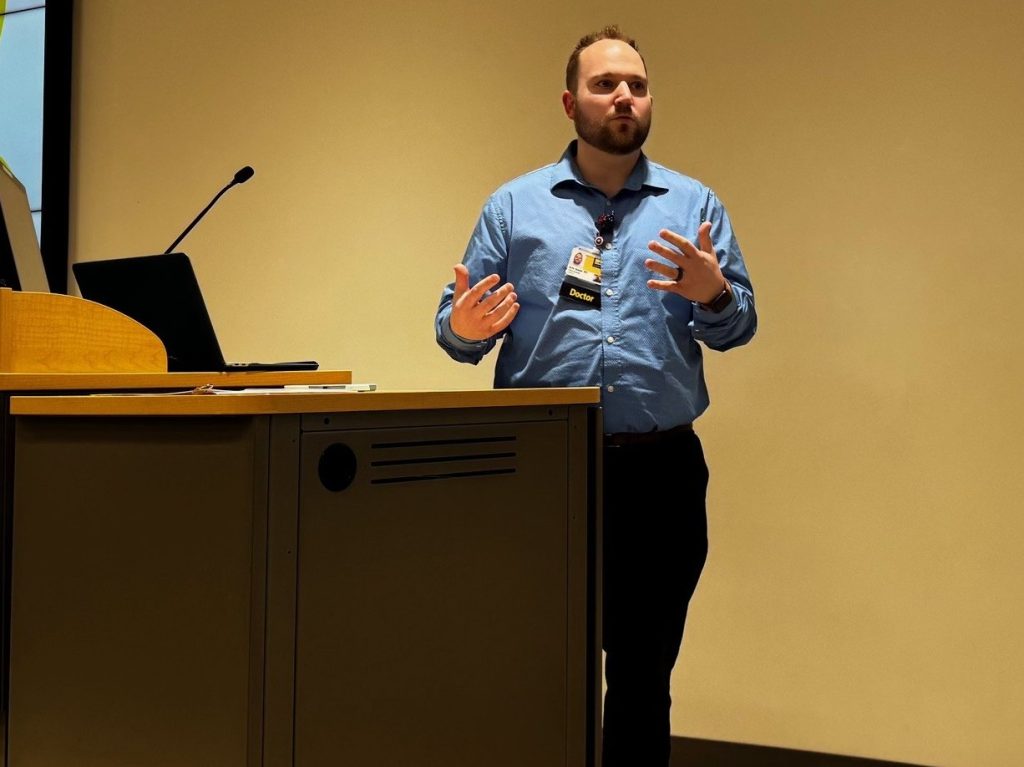
We are extremely proud of Dr. Ben Palmer. For the past 3 years, Dr. Palmer has been a pediatric endocrinology fellow in our program. Today he finishes this training and will officially become a “board eligible” pediatric endocrinologist. During these past three years, Dr. Palmer has been an exemplary fellow, delivering excellent clinical care and demonstrating exceptional clinical interpersonal skills and judgement. His contributions include being an enthusiastic volunteer at Diabetes Camp Hertko Hollow. While a fellow, he has been an energetic scholar, publishing two articles on how review of continuous glucose monitoring data at home impacts outcomes of type 1 diabetes in children and adolescents. His most recent work in not yet published, but involves how exercise and athletic participation is impacted by type 1 diabetes in youth. Dr. Palmer will be taking a position as a Pediatric Endocrinology attending — stay tuned for more details! Congratulations Dr. Palmer on completing fellowship!!!


